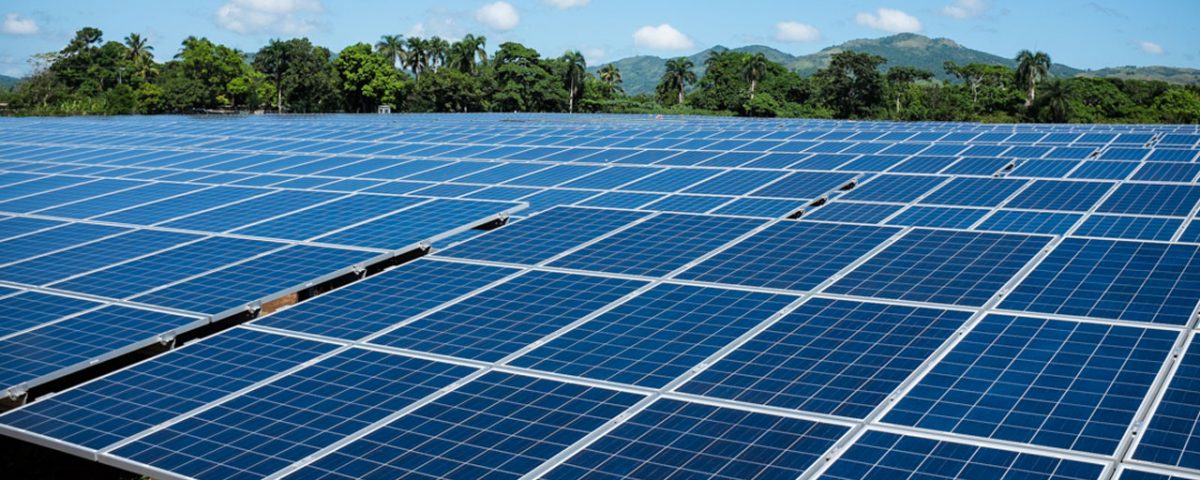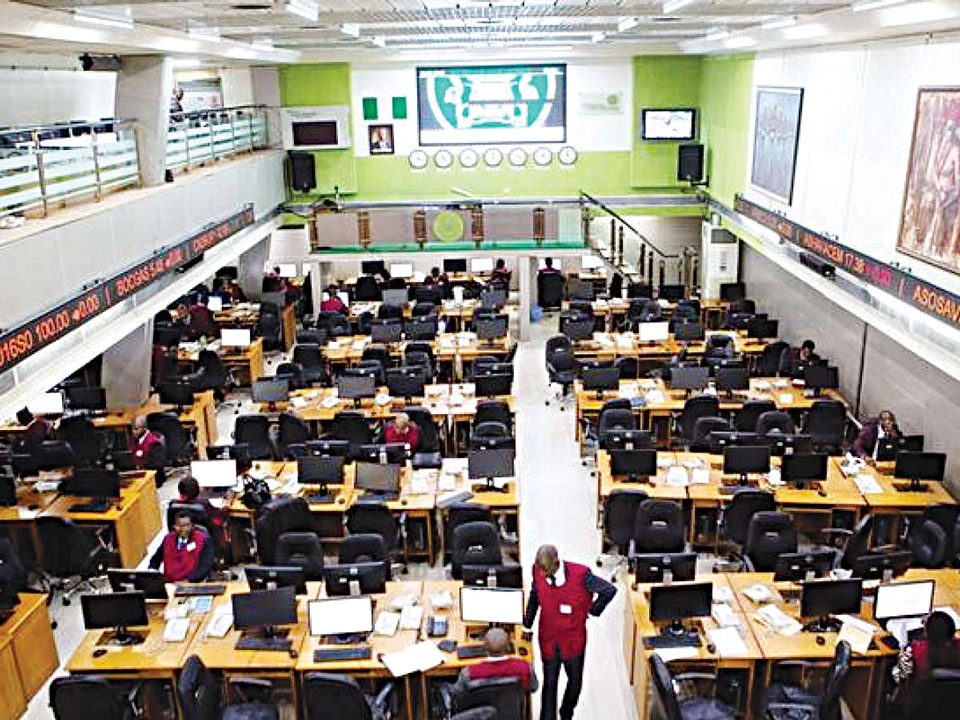Africa Update: Mixed results for Ghana’s historic energy bond sale

Nigeria Update: CBN rules out naira fall as external reserves hit $34bn
October 30, 2017
Africa Update: Kenya financial markets calm on first day of trading after polls
October 30, 2017Managers of the country’s historic energy bond sale could not raise the entire amount for the offer, a summary of the tender results sighted by JoyBusiness revealed.
The lead arrangers; Standard Chartered Bank and Fidelity Bank got more than what they were looking for the 7-year bond sale, but struggled to get the entire amount for the 10-year bond.
This resulted in an extension of the 10-year bond to next week, with a plan to close it on Friday, November 3. This was due to what the managers described as reserve enquiry from investors.
7-year bond breakdown
Targeted: ¢2.4 billion
Total Bids Tendered: ¢2.52 billion
Bids Accepted: ¢2.4 billion.
Final Clearing Yield: 19 percent
This means government took ¢2.4 billion at an interest of 19 percent and the settlement of these bids would be done on November 1 2017.
The bond would mature on October 23, 2024, and E.S.L.A PLC the special company set up by Finance Ministry would be paying an annual interest of ¢465 million.
10 year bond interim results
Targeted Amount: ¢3.6 billion
Amount Realized (Interim): ¢902 million
Yeild/Interest: 19.5 percent
With these interim results, it can be said that the managers have raised about ¢3.302 billlion.
Cost of raising the bond
According to the prospectus, the estimated expenses for the bond would be ¢177, 241, 979 which represents 1.77 percent of the whole amount being raised. These include arranger’s fees, legal fees, administrative expenses, listing fees.
Background and structure of bond
Government through the arrangers, Standard Chartered Bank and Fidelity on Tuesday opened the books to accept bids from investors.
It was expecting to raise the ¢6 billion in two tranches, first was¢2.4 billion at an interest range of 17.7 to 19.0 percent over a 7-year period.
The 10-year bond proposed a price range of 17.8 percent to 19.5 percent and was hoping to raise ¢3.6 billion cedis.
Government created E.S.L.A, an independent special purpose company established by the Ministry of Finance and co-managed by Temple Investments and GCB Bank.
Initial concerns
Initial checks by JoyBusiness showed some investors had issues with the pricing of the bond as some of them were looking forward to a higher price than the 17-19.5 percent offered.
This is because the “paper” being sold was not directly guaranteed by government. Also, there were reports that some foreign investors had issues with the security of laws covering the E.S.L.A Act.
Some industry persons have also raised issues with the timing of the bond as not being good.

